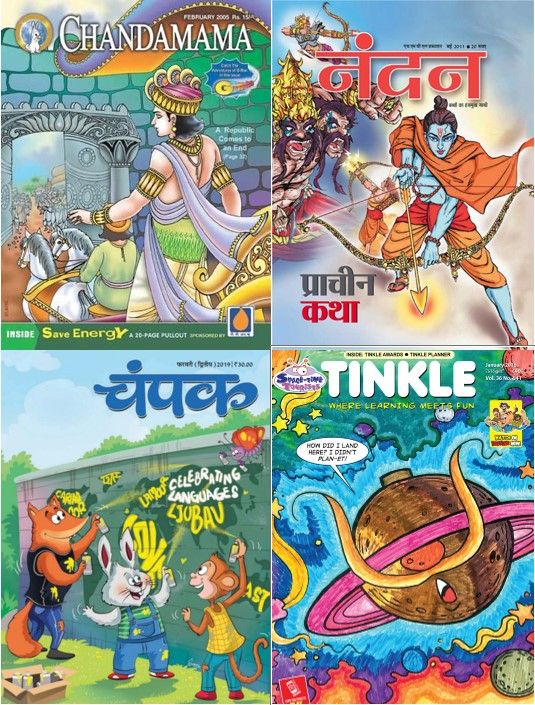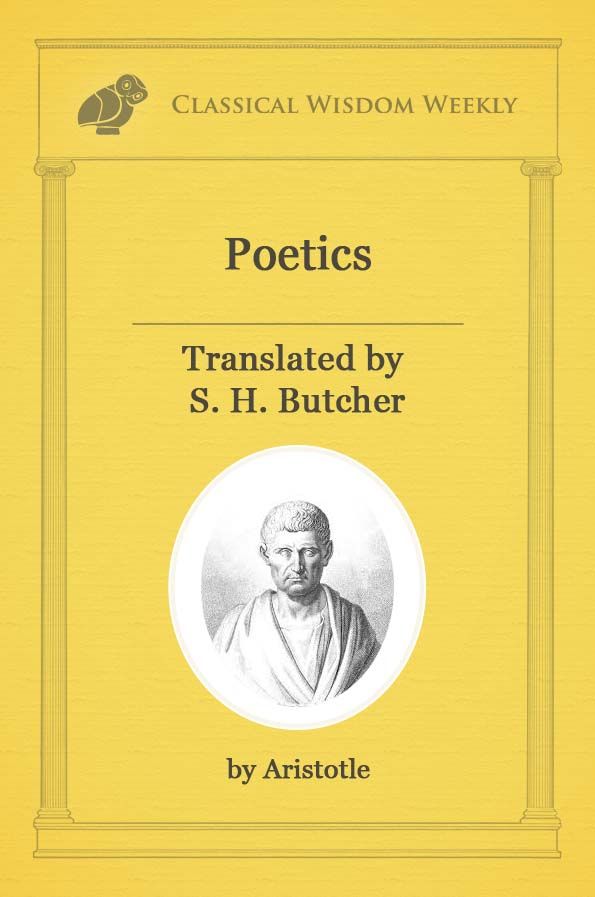Is Literature Relevant To Society?
May 19, 2019 • 40 views
My parents began to read out stories to me from children’s magazines when I was as young as four. When I learnt how to read by myself, I began to read aloud to my parents instead! My childhood, like that of most children of my age, would be incomplete without the mention of Champak and Nandan, and later, Chandamama, Tell Me Why, Tinkle, and so many other magazines!

On my seventh or eighth birthday, my parents gifted me a hardcover book of five fairy-tales—it was adorned with beautiful illustrations, had really smooth, thick pages and what’s more, all the amazing stories were in English! I think that was probably my first encounter with English literature, which soon prompted me to write my own fairy-tale stories on long register pages with coloured illustrations by yours truly! I still have my debut work with me, and it’s surreal to think how far my literary career has come already, and how far it’s yet to go!
That was just one example of how literature affects our lives and becomes an indispensable part of it. Stories like that of Panchatantra and Aesop’s Fables—the former a collection of oral wisdom passed down through centuries and penned by an Indian royal teacher around the 3rd century BC; the latter a series of tales by a Greek slave written down in the 5th century BC—have so much in common, and yet they came from two entirely different parts of the world, written by different kinds of people, but again, we imbibe moral values from both of them, carrying them with ourselves throughout our life.
Other historical literature functions to enlighten us about our past, to show the world from different points of view, to make us familiar with our traditions and culture, and to unite all human beings in celebration of their existence. Literature, be it in any language, always strives to touch humans directly in their softest spots.
That is the reason why some people like it, and also why others dislike it. Take, for example, the famous Greek philosopher Plato, who demanded that all ‘Poets’ be banished from his country. His student Aristotle, interestingly, held the opposite views.

Aristotle divided all bodies of knowledge into three broad areas—Philosophy (derived from Philo and Sophia and meaning love for wisdom), the branch concerning “dead things” as he perceived the present day fields of science, astronomy and technology; History, which dealt with “dead people”, as per him; and Poetry, the body comprising all literary forms, which, at the time, were limited to drama and epic or other poems, and which, according to him, concerned itself with possibilities of life, and so, was the best of the three.
Plato, however, dissented, because for him, ‘Poetry’ was merely an imitation of an imitation (the world as we see it was to him a copy of what the Creator originally had in mind before he created it) and also a tool to weaken and soften soldiers going to war, or to spread vulgar ideas among young theatrical actors, or to promote nonsensical thoughts that could harm the Republic.
But Poetry still thrived after all, and that is the beauty of Literature—there is no absolute truth to it. It allows you to view the world from whatever angle you please, and also gives you the opportunity to dissent. Of course, like all other powerful forms of expression, it can also be misused, and that is what Plato feared, but nothing in the world is free from blemishes. And to remove those blemishes is our duty as responsible writers and readers, as our literature continues to evolve in its never-ending journey.
Image Credit: writeawriting.com, classicalwisdom.com, estore.delhipress.in, indianebooks.blogspot.com, pinterest.com, tinkleonline.com
